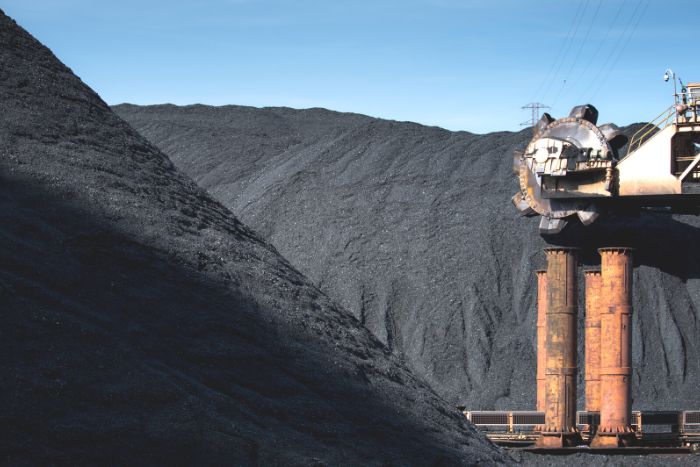In response to the announcement of recent production cuts by OPEC+ nations, US president Joe Biden is set to release 15 million barrels of oil from the country’s strategic reserve. He is likely to release more in the winter in order to keep prices down ahead of the mid-term elections. The 15 million barrels complete the 180 million barrels that Biden had authorised for release in March. The strategic reserve is at its lowest level since 1984, and contains roughly 400 million barrels of oil. The US has called the release a “bridge” until the country increases its domestic production.
India plans 99 new coal projects despite net-zero by 2070 pledge
Research by the Global Energy Monitor (GEM) revealed India is developing 99 new coal mines, despite making a pledge to become net zero by 2070. According to the study, the new mines risk displacing 165 villages and 87,630 families. These mines will be able to produce 427 million tonnes of coal annually.
According to the GEM report, these new mines are unnecessary as existing coal mines already have 36% underutilised coal capacity, which, if used, can sufficiently meet the rising power demand.
China won’t resell its LNG to gas-starved Europe this winter
In a setback for Europe ahead of a harsh winter, China’s state-owned energy companies will stop reselling liquefied natural gas (LNG) to the continent. The country’s planning body, National Development and Reform Commission (NDRC), told LNG importers Sinopec, PetroChina, and CNOOC to reserve their LNG cargoes so that there is enough domestic supply during winter. In recent years, demand for LNG has been lacklustre because of a slowed down economy and the COVID-19 pandemic. This prompted these companies to resell their excess cargoes to Europe for major profits.
Meanwhile, president Xi Jinping said “prudence” will govern China’s transition towards clean energy—in other words, it is in no rush to stop burning fossil fuels. The country, with its falling economy, is keen to make energy security its priority, especially against the backdrop of rising global energy costs brought on by the Ukraine war.
Fossil fuel protesters spray paint Harrods, throw soup at Van Gogh’s ‘Sunflowers’
Dozens of fossil fuel protesters were arrested this week for spraying orange paint on the front of luxury department store Harrods in London. Some of the protesters also glued themselves to the road in front of the store. Earlier in the week, two other protesters were charged with criminal damage offences for throwing cans of tomato soup over Vincent Van Gogh’s “Sunflowers” painting at the National Gallery in London. The painting is worth $84.2 million. All the protesters belong to a campaign group called Just Stop Oil.
After throwing the soup, they glued themselves to the wall under the painting. Gallery officials confirmed some minor damage to the frame, but the actual painting remained undamaged. Protesters from the group have been targeting popular artworks for a while in order to highlight the role of fossil fuels in climate change. In July, protesters glued themselves to a copy of Leonardo Da Vinci’s “The Last Supper” at another London gallery.
Diesel inventories fall to new low amidst rising demand in US, Europe
Global diesel inventories fell to a new low amidst the energy crisis. Demand, however, is rising, forcing US buyers to snap up diesel cargoes being shipped to Europe. According to a Reuters report, three diesel tankers on their way to Europe from the Middle East changed course mid-way towards the US.
The desperation in the US stems from the closing of refineries during the pandemic and the anticipation of EVs flooding the market soon. In Europe, the French refinery workers’ strike and upcoming planned maintenance-related refinery closures have led to a severe shortage. Things will only get worse for Europe, which is currently buying Russian diesel to make up for the shortage. Next year, the embargo on Russian fuels begins.
About The Author
You may also like
India asks power companies to order $33 billion in equipment to boost coal power output
India’s first pilot project for underground coal gasification launched in Jharkhand
Increasing oil and gas production among top priority, says India’s petroleum minister
A faster clean energy transition will make energy cheaper, not more costly: IEA
India’s energy sector: Ten years of progress, but in fits and starts


